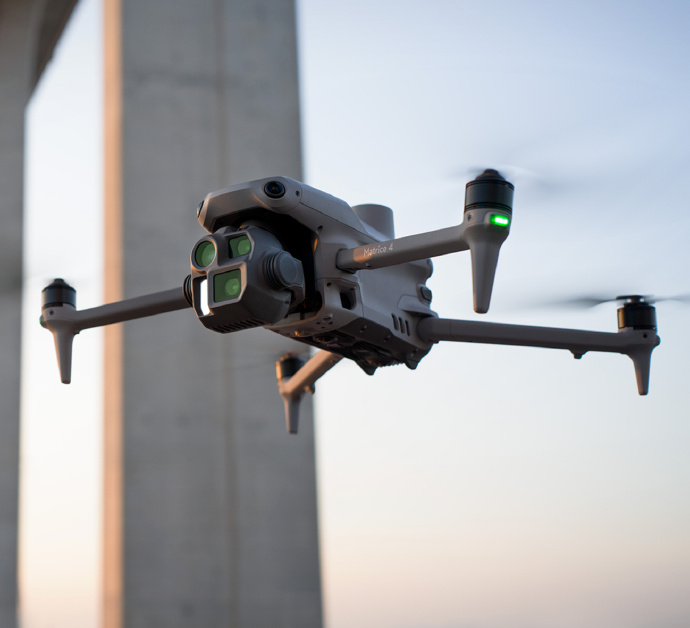Are you intrigued by the buzzing world of drones and considering taking your enthusiasm to the next level? Obtaining a drone pilot certificate is an essential step to elevate your skills and comply with regulations. This comprehensive guide will provide you with valuable insights into acquiring your drone pilot certification, and exploring the opportunities that await once you’re certified.
Why Get a Drone Pilot Certificate?
First and foremost, a drone pilot certificate signifies that you have met the necessary standards in drone operation, ensuring you are knowledgeable about airspace regulations and safety protocols. As the demand for drones in various industries like photography, agriculture, and delivery grows, the opportunities for certified drone pilots continue to expand. With a certificate, you gain credibility and open doors to numerous professional paths.
Steps to Obtaining Your Certificate
Step 1: Understand the Requirements
The first step in this journey is understanding what’s required to become a certified drone pilot. Generally, you must be at least 16 years old, have a keen understanding of English, and a solid grasp of aeronautical knowledge. It’s crucial to familiarize yourself with the specific requirements in your region as regulations may vary.
Step 2: Prepare for the Examination
The drone pilot certification exam is designed to assess your knowledge of drone regulations, safety guidelines, and airspace classification. Investing time in thorough preparation using available resources such as online courses and study guides is essential. Practice exams and study groups can also prove beneficial for preparation.

Helpful Tip: Don’t rush your preparation; ensure you completely understand the materials to boost your confidence.
Step 3: Take the Test
Once you’re prepared, schedule your drone pilot certificate test. The exam typically comprises multiple-choice questions and a practical flight test. Maintain a calm demeanor and carefully consider each question to enhance your performance.
Step 4: Certification and Beyond
After successfully passing the test, you will be awarded your drone pilot certificate. Celebrate this achievement and explore the plethora of opportunities available, such as joining drone enthusiast groups, offering your services commercially, or participating in drone competitions. Continually refine and expand your skills, keeping abreast of technological advances.
Expanding Opportunities with Certification
A drone pilot certificate is not merely a license; it’s the key to opening doors in a multitude of sectors. From creative endeavors like cinematography to practical applications in surveying and agriculture, drones are becoming indispensable tools. Certification demonstrates your expertise and commitment, establishing trust with potential clients and employers.
Frequently Asked Questions
- Do I need a certificate to fly a drone recreationally?
- Generally, a certificate is not required for recreational flying. However, understanding local regulations is crucial. Some places may have restrictions or require registrations even for recreational use.
- How does the drone pilot certification exam look?
- The exam consists of multiple-choice questions focusing on airspace regulations, safety practices, and operational procedures, along with a practical flight test.
- What if I don’t pass the certification test?
- Don’t worry if you don’t pass on the first attempt. Review your study materials, identify areas that need improvement, and retake the exam when you feel ready.